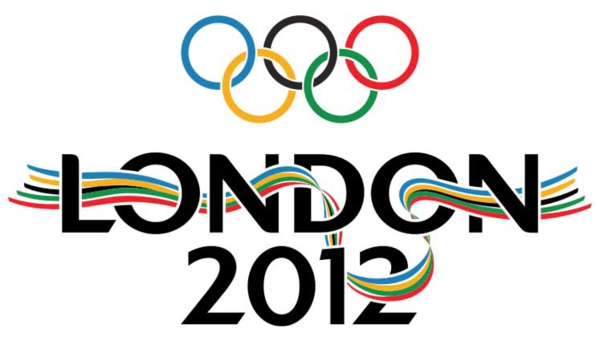At the end of July and most of August London, UK will be the busiest city going with all the Olympics activities.
Hundreds of thousands of people will be entering the city not just to be spectators, but also athletes, their staff, staff working in some capacity for the Olympic Committee…… the list goes on. So if you are commuting down to London to watch one of the events, how do you avoid most of the congestion?
There have been reports in the media that even athletes have lost their way to certain sporting events. The American 400 m hurdler’s lost their way to their own athletics village. If they can easily do that, then it’s a good chance other people may lose their way. Another account has shown the Australian team getting lost in the hustle and bustle.

Extra provisions are being put on by London city, the M4 motorway having games lines opened, thousands of extra staff been employed to direct traffic. But as we have all experienced with major events, this doesn’t always go to plan. This isn’t necessarily down to the organisers, but with such a massive event, things on ground level don’t always go to plan.
Other reports are shown a 32 mile tailback on some motorways trying to merge into two lanes. Heathrow is expecting record numbers of people coming into the airport.
So with a National city that will be bursting at the seams for a month, how’d you avoid most of the congestion so your experience is as pleasant as possible?
Sometimes it’s best to just stick to the obvious ways and means to get to your destination and leave early. If you are staying in the centre of London, you will have to expect some forms of delay at any time of day. However, think about when the busiest times of day will be. If you can try and arrive at your destination the latest in the day you possibly can. Even try and do this in the middle of the night. This obviously won’t be possible if you are staying in a Hotel where check-in is 11 o’clock at night. Even so it might be an idea to turn up at this time.
If you have a sat nav and are driving into the city, redirect it to use the least used roads. All the major routes that direct into the city and especially to the stadium, will be busy 24 seven throughout the games as everyone will take the obvious routes.
If you are travelling by train, then you may want to think of departing from the train a few stops before London Central. This is the same for travelling back to your home.
When events are as busy as the Olympic Games, you will have to be prepared to wait some time no matter if you pick the quietest route to where you are going.
Try and arrive at your event a few hours before it starts, even trying to get there as the doors open to the stadium. The idea is to try and get there before the major crowds do and leave before they do.
You may be thinking that most of your time will be just waiting around in traffic jams, in queues or just plain waiting for something to happen. As above you should expect a bit of this with such large amounts of numbers daily coming in and out of the city, but with careful planning you can avoid the majority of the crowds and waiting times.
The author would like to recommend as a great Sports Tour operator – http://www.thesportingtraveller.com
How To Avoid The Olympics 2012 Busy Commuting Areas.

